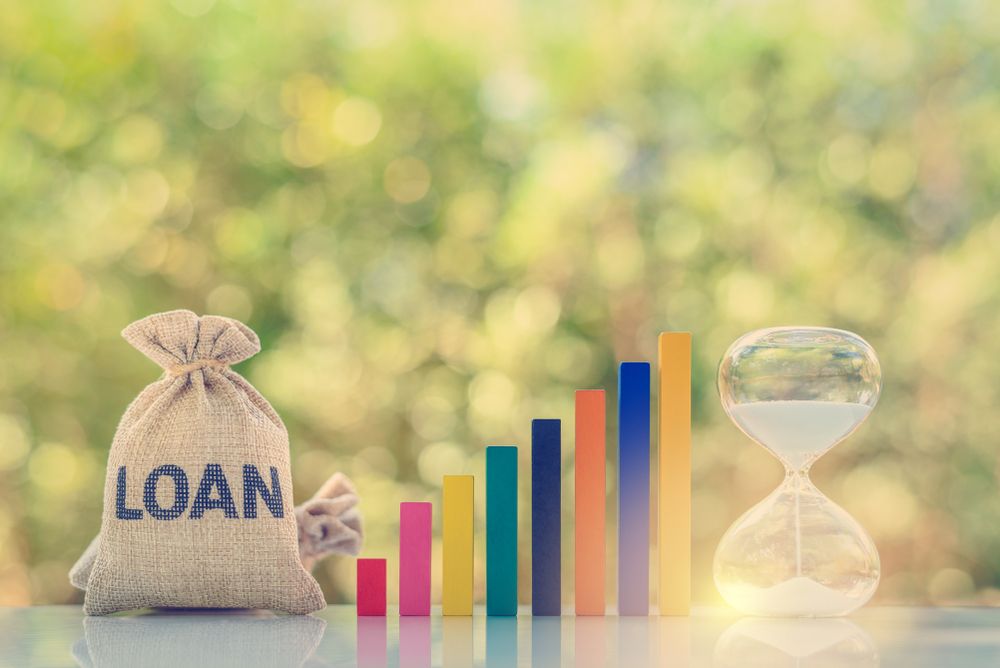
When it comes to managing our finances, few things can be as stressful and daunting as being in debt. Whether it’s a mortgage, student loans, credit card debt, or a personal loan, owing money can feel like an unscalable mountain. Yet, with the right repayment strategies, paying off debt can become a more manageable and even empowering journey. In this article, I will share some effective loan repayment strategies that can help you pay off your debt faster and smarter.
Understand Your Debt
Before you can tackle your debt, you need to understand it thoroughly. This means knowing the total amount owed, the interest rates, repayment terms, and monthly minimum payments for each of your debts. Create a detailed list or spreadsheet to keep track of this information. Understanding the specifics of your debt will help you prioritize which loans to pay off first and identify areas where you can potentially reduce interest charges.
One effective method for understanding and managing your debt is the debt avalanche method. This strategy involves paying off the debt with the highest interest rate first while making minimum payments on your other debts. By doing so, you’ll save money on interest over time, which can be significant if you have high-interest loans or credit card debt. It��s a financially logical approach that can lead to faster debt reduction.
Create a Budget and Stick to It
Budgeting is the cornerstone of personal finance and an indispensable tool when it comes to paying off debt. Creating a realistic budget that accounts for all your income and expenses allows you to allocate funds effectively towards your debts. The goal is to cut unnecessary expenses and redirect that money towards your loan payments.
One way to enhance your budgeting for debt repayment is to use the zero-based budgeting method, where you give every dollar a job. At the beginning of each month, you allocate your income to various categories until you have zero dollars unassigned. This method ensures that you are consciously deciding where every cent goes, including extra payments towards your debt.
Increase Your Income
Sometimes, cutting expenses isn’t enough to make a significant dent in your debt. In such cases, finding ways to increase your income can be a game-changer. Consider taking on a part-time job, freelancing, or selling items you no longer need. Any extra money you earn can be directed straight towards your debt, accelerating the repayment process.
Another strategy is to use windfalls wisely. Windfalls are unexpected or unusually large amounts of money that come your way, such as tax refunds, bonuses, or inheritances. Instead of spending this money on indulgences, apply the majority, if not all, of it to your debt. This can significantly reduce your balance and shorten the time it takes to become debt-free.
Use Debt Consolidation Wisely
Debt consolidation can be a powerful tool for simplifying your debt repayment. By consolidating multiple debts into one loan with a lower interest rate, you can reduce the amount of interest you pay and potentially lower your monthly payments. This can free up more of your budget to apply towards the principal balance, helping you to pay off your debt faster.
However, it’s crucial to approach debt consolidation with caution. You need to ensure that the new loan truly has better terms and that you don’t use it as an excuse to take on more debt. Additionally, you should continue to make the same or higher payments on the consolidated loan as you were with your individual debts, even if your monthly payment is lower, to get out of debt more quickly.
Stay Motivated and Monitor Your Progress
Paying off debt is often a long-term commitment, and it’s easy to lose sight of your progress. To stay motivated, set small, achievable goals and celebrate when you reach them. For example, you could aim to pay off a certain percentage of your total debt each year or to eliminate the smallest debt first (known as the debt snowball method).
Regularly monitoring your progress is also essential. Update your debt list or spreadsheet monthly to reflect the payments you’ve made. Seeing the numbers go down can provide a psychological boost and help you stay on track. Don’t be too hard on yourself if you encounter setbacks; the important thing is to keep moving forward.
Debt repayment can feel like a marathon, but with a strategic approach, it can be a race you are equipped to win. Understanding your debt, creating and sticking to a budget, increasing your income, using debt consolidation wisely, and staying motivated are all key components of a successful repayment strategy. By applying these tactics, you can pay off your debt faster and smarter, leading to a more secure financial future and the freedom that comes with being debt-free. Remember that the journey towards financial independence is a series of small, disciplined steps. Keep your eyes on the prize, and before you know it, you’ll cross the finish line with your debts behind you.
